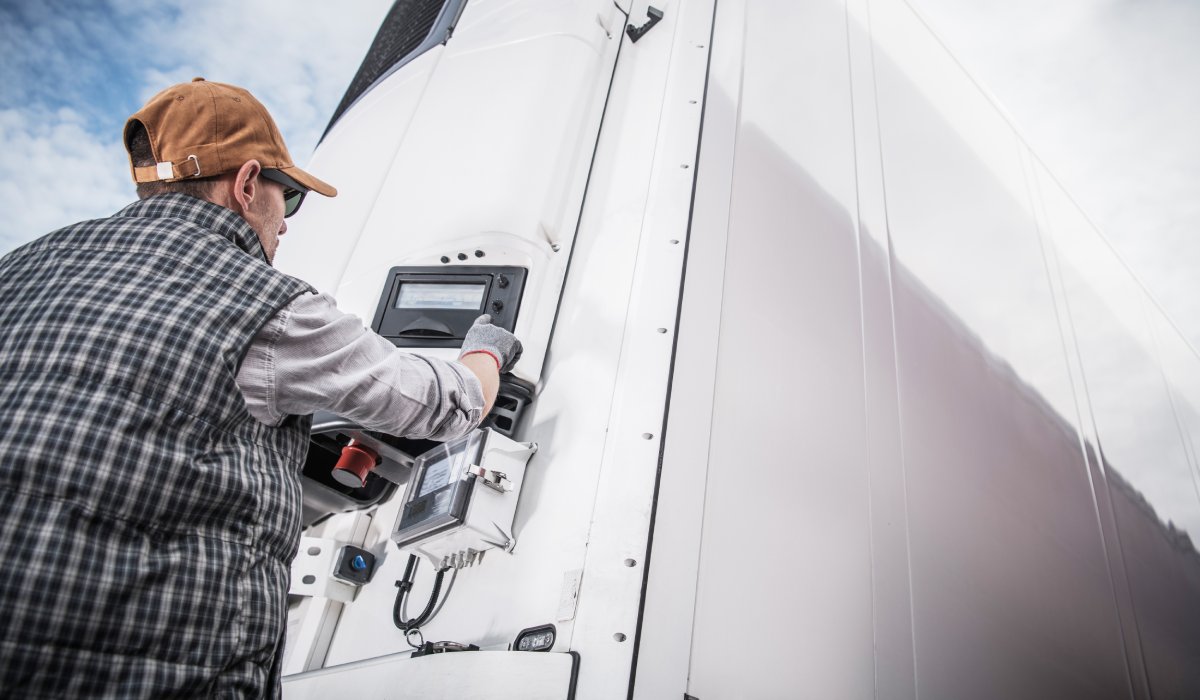When it comes to transporting perishable goods, refrigerated trucks play a crucial role in maintaining the efficacy of the cold chain. This system ensures that products like fresh produce, dairy, and pharmaceuticals remain at optimal temperatures throughout the supply chain. While refrigerated trucks are instrumental in cold chain logistics, they encounter several significant challenges that can impact the delivery and quality of goods.
Among the most critical challenges refrigerated trucks face is maintaining precise temperature control. Fluctuating temperatures can spoil or degrade the quality of sensitive cargo like meat or seafood. Inadequate temperature management accounts for most of the losses from perishable goods. Companies are investing in advanced temperature monitoring systems that provide real-time data and alerts to combat this. This technology allows drivers to react if temperatures stray from the set range.
Refrigerated trucks rely heavily on their cooling systems to function correctly. Mechanical breakdowns can interrupt the cooling process, risking the integrity of the cargo. Common causes of these breakdowns include compressor failures and coolant leaks. Regular maintenance and routine inspections are essential for minimizing the risk of system failures. Many fleet operators now adopt predictive maintenance techniques, utilizing sensors and analytics to detect potential issues before they result in costly downtime.
Operating refrigerated trucks is energy-intensive, with cooling systems significantly increasing fuel consumption. This rise in fuel use impacts operating costs and the environment. Fuel costs can comprise the total operating expenses of a truck. The industry is exploring fuel-efficient solutions such as hybrid and electric refrigeration units. These technologies not only reduce fuel usage but also aid in decreasing carbon emissions.
Refrigerated truck operators must keep up with various food safety and environmental regulations. Compliance with different standards requires detailed documentation and tracking throughout the transportation process. State-of-the-art cold chain logistics solutions offer digital platforms that simplify compliance reporting and help maintain thorough records, keeping freight operations in line with national and international laws.
The rapid advancement of technology demands continuous adaptation in the refrigerated trucking industry. Businesses must find ways to integrate new tech solutions with existing operations to stay competitive. Technologies like IoT devices and blockchain provide increased transparency and traceability. For instance, IoT sensors can provide real-time location and temperature data, enhancing decision-making and improving cold chain logistics.
Refrigerated trucks are indispensable to the supply chain, especially in sectors where product integrity is vital. While they face challenges, ongoing technological advances offer promising solutions. For businesses reliant on cold chain logistics, staying informed about these developments ensures their operations stay ahead of the curve. Stay updated on industry innovations to maintain a competitive edge and protect your products.









